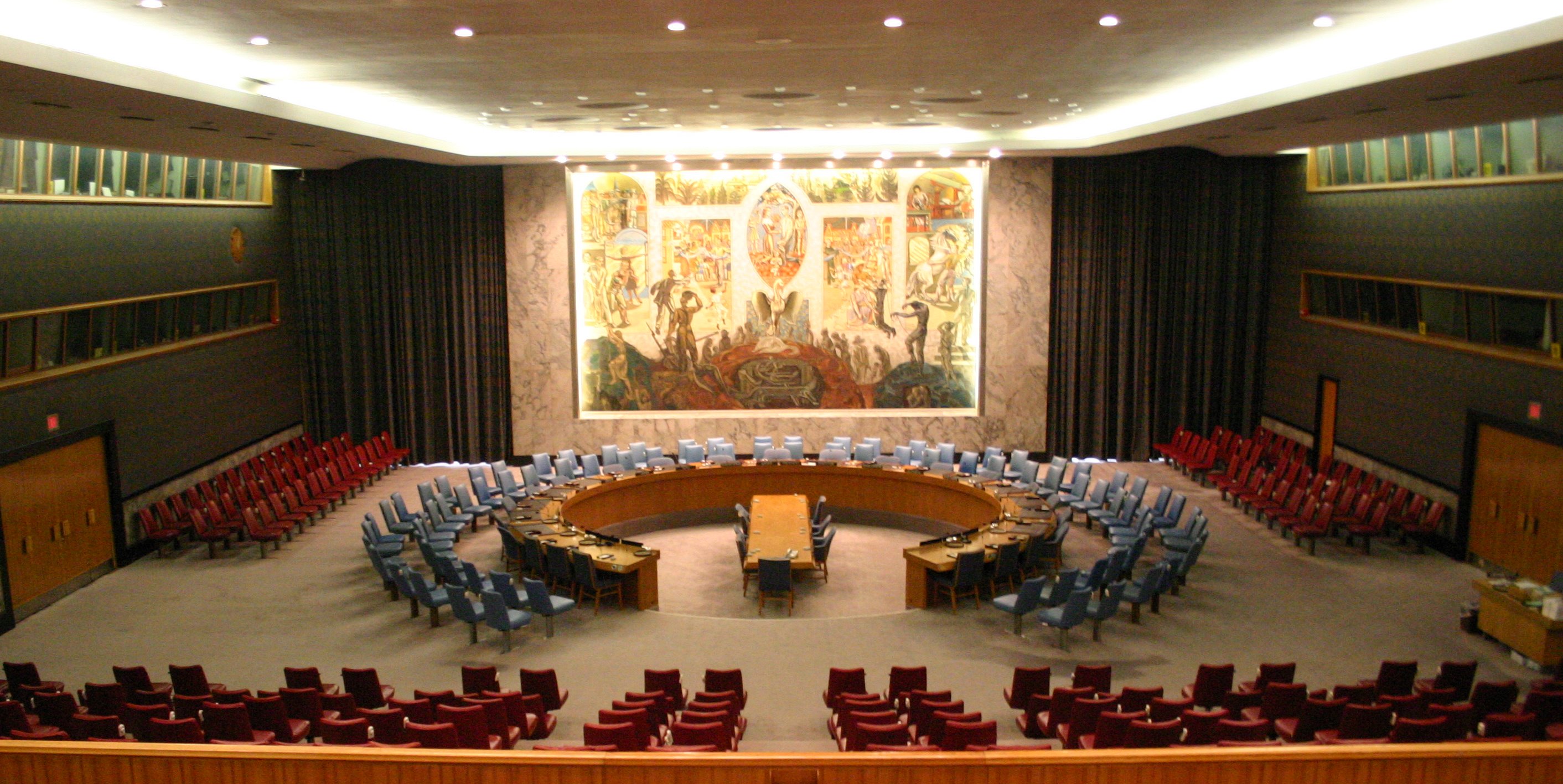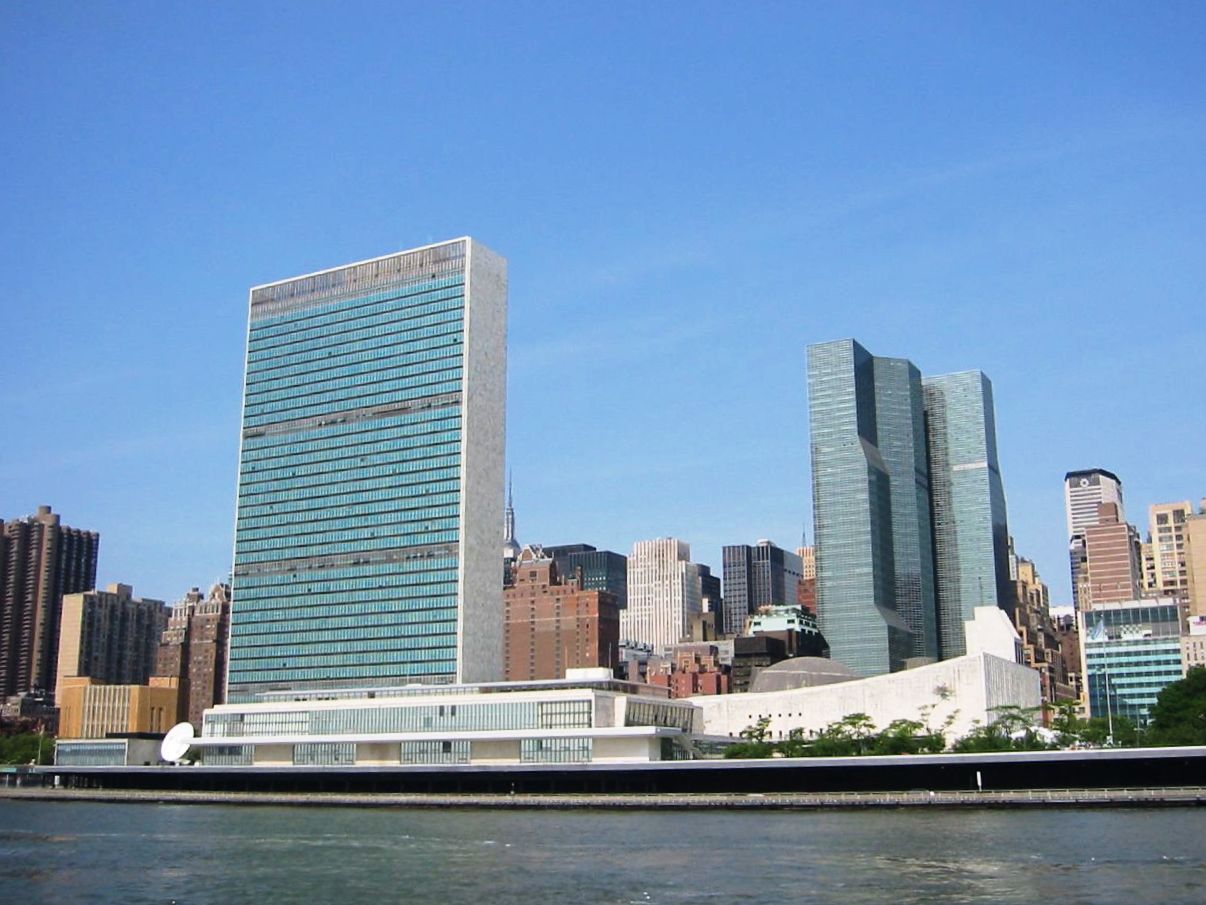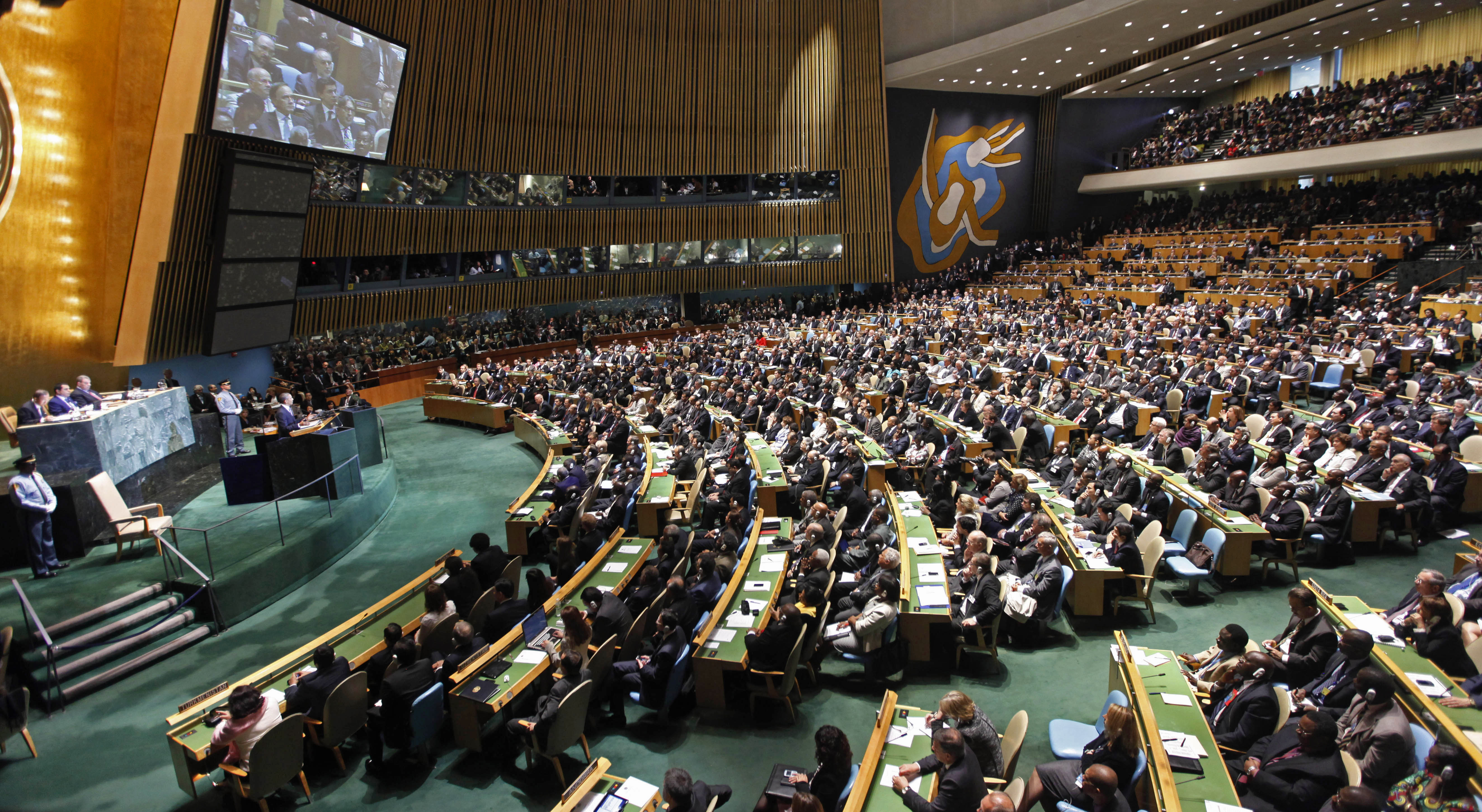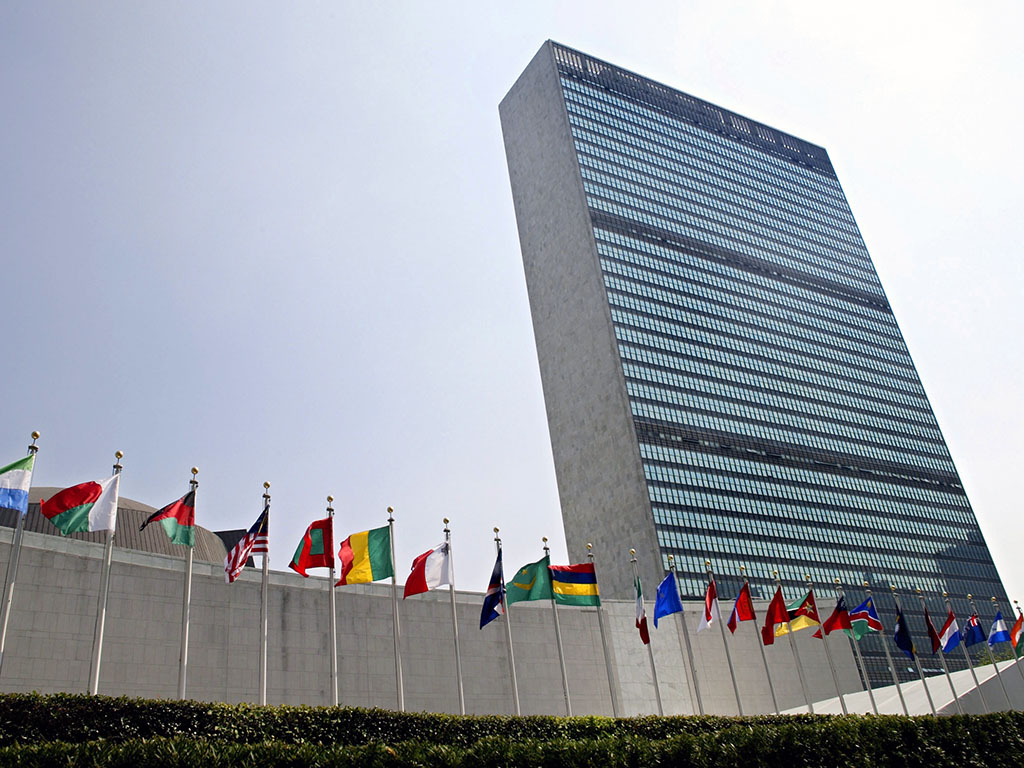The COVID-19 pandemic has created a perfect storm for public finances in developing countries by undermining economic activity and affecting both the revenue and expenditure sides of the budget.
SDG #8: Decent work and economic growth

Multilateralism and global solidarity are essential to build back better by responding to COVID-19 in a way that supports the implementation of the 2030 Agenda and SDGs, bolsters results and addresses gaps in sustainable development.

The COVID-19 pandemic has compressed global trade by magnitudes last seen during the 2008 global financial crisis. Trade has dropped sharply in developing countries, though with differences between regions.

Establishment of robust universal healthcare and social protection systems should be taken as immediate goals, and efforts should be made to build upon the emergency measures taken during the COVID-19 crisis so as to reach these goals.

COVID-19 is having a devastating impact on all 17 Goals and threatening the achievements already made in
many areas. While the virus has impacted everyone, it is the poorest and most vulnerable who are affected
disproportionally by the pandemic.

The short-term impact of the pandemic on employment should be differentiated from its longer-term consequences, involving inter-sectoral changes in labour demand and further acceleration of robotization and automation, necessitating active labour market policies.

Amidst deliberations on priority areas for rebuilding, much attention has been paid to the need to strengthen domestic health care, and such proposals will certainly be high on the agenda for many Governments. The crisis, however, has also shone a spotlight on the shortcomings of the global health system.

Risks of implementing more shockresponsive social protection include overwhelming demand, lack of coordination, poor targeting and negative public perception. These can be partially offset by ensuring universal access to programmes. A country?s available fiscal space and level of debt distress are key contextual factors that determine the feasibility of more shock-responsive social protection.

Economic growth has slowed down dramatically and poverty is on the rise everywhere. Questions therefore have arisen whether these setbacks will have a permanent effect, jeopardizing progress towards the Sustainable Development Goals (SDGs).
 Welcome to the United Nations
Welcome to the United Nations